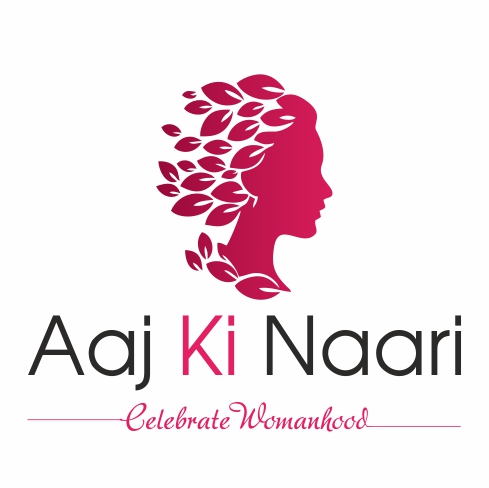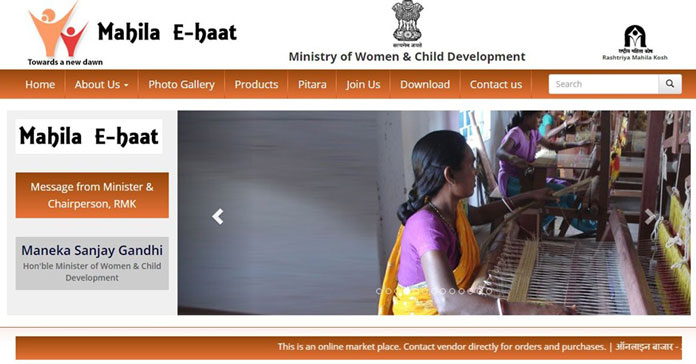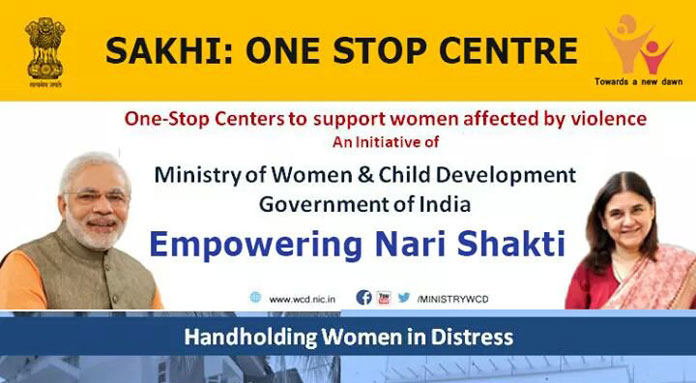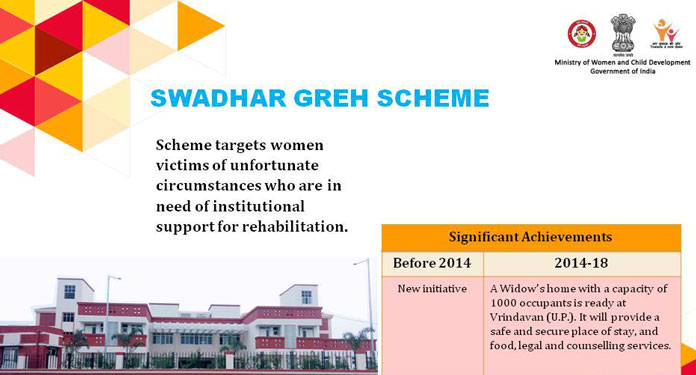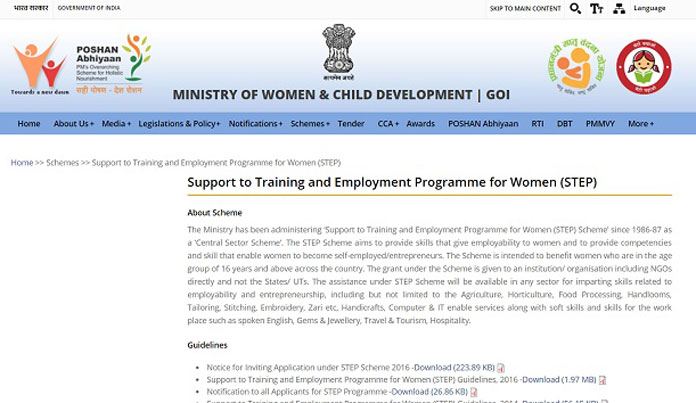India got its independence more than 7 decades ago, however, the women of India still face difficulty when they aspire to be empowered and live life on their own terms. Women are yet to enjoy the joys of full independence; there are many facilities provided by the government to uplift the condition of women in society right now.
Some of the government schemes for women empowerment in India are discussed below:
Beti Bachao, Beti Padhao
One of the significant schemes of women empowerment is Beti Bachao, Beti Padhao and it is created, and implemented by the government into practice to erase female foeticide. In addition, this scheme was made just to raise awareness of the rights that young Indian girls have just like the boys of Indian families. In 2015, a pivotal movement is known as ‘Save the Girl Child’ was launched on 22nd January. This is a joint initiative that is run by Child Development and Ministry of Women, and the Family Welfare and the ministry of human resource development. This scheme is made for women empowerment so that the girls can get a chance to live life without any discrimination since their birth. In this way, the unborn girl child does not have to lose their lives in the future years.
Janani Shishu Suraksha Karyakram (JSSK)
An unplanned pregnancy can hamper the health of a new mother and her child. It was a custom in previous years, where women have to give birth to a child even if they are having acute health issues, which can be threatening to the newborn too. However, the issues of problematic pregnancy have got tremendous attention from the government for the uplift of both child and mother by creating beneficial schemes for women empowerment.
A woman has the legal right to terminate her pregnancy in accordance with the Medical Termination of Pregnancy Act, 1971. Any pregnant woman can terminate her pregnancy with her consent, however, the time span of 12 weeks of pregnancy should not be passed to do this termination. Such a step is taken when it is expected by the doctors that the newborn would have physical abnormalities or can be handicapped after birth. As per JSSK, in case of saving a pregnant woman, a pregnancy can be terminated. The minor or mentally ill pregnant woman has to submit the written consent of the guardian before terminating her child in the womb.
Mahila E-haat
Mahila E-haat is a media scheme and it is one of the beneficial women empowerment schemes in India. This government’s scheme is a direct online marketing program. This program is launched by SHGs (self-help groups), the Ministry of Women and Child Development for supporting the women entrepreneurs. In addition, this program for women is also launched by NGOs (Non-governmental organizations) for showcasing creative products that are created by them and their services are marketed on the online platform. This scheme is involved in the initiative of ‘Digital India’. The women entrepreneurs can log on to the government website of Mahila E-haat just to show their hard work and creativity to a wide range of customers. Such government schemes highlight that the distance between technology and non-tech-savvy women of distinct income groups are constantly fading away in recent years.
One Stop Centre Scheme
There are distinct Indian government schemes for women’s empowerment and of the best scheme is the One Stop Centre, which is known as ‘Sakhi’. This scheme was implemented on 1st April 2015 along with the ‘Nirbhaya’ fund. It is a fact that the one-stop centers have been established in distinct locations in India for offering the much-needed counseling services to women, who are victims of violence.
In addition, other services for women include legal, medical, police desk and shelter services. Such services are mainly offered. The facility of 24-hour helpline is provided to women and the number 181 is a toll-free helpline. The Sakhi centers are established for women to lend a helping hand during the rescue and emergency situations. Women can get assist in lodging NCR/DIR/FIR, shelter, video conferencing and so on. The social support is given to women, who have lost hope in their lives to move ahead and have a normal life.
The Swadhar Greh
The Swadhar Greh was launched in 2002 by the Union Ministry of Women and Child Development for providing rehabilitation services to women, who live in problematic circumstances. This is another step that is taken by the government officials for women empowerment. Along with a comfortable shelter to stay in, the other facilities incorporate food, care, and clothing. The facilities are given to those women or girls who are marginalized and are in dire need of help. Such facilities can restore peace in the lives of women. These services of the Indian government are not only enjoyed by women in distress but also to women prisoners, and widows deserted by their family members without any assistance. In addition, women victims of extremist violence, natural disasters get complete assistance, also NGOs give support to such women from time to time.
STEP (Support to Training and Employment Programme) Scheme
STEP scheme is another women empowerment schemes in India and its full form is support to training and employment programme for women. It is made to offer skills to women so that they can become employed and someday acquire the ability to start their own business as entrepreneurs. A project would be of a time-frame of at least 5 years; however, it depends on the types of activities that are included in the project. The STEP scheme is incorporated in sectors of tailoring, food processing, horticulture, agriculture, handlooms, embroidery, Zari, stitching. In addition, other sectors, such as computer and IT, handicrafts are incorporated in this scheme. Also to prepare women with distinct skills for their bright career. Under this scheme of women empowerment, women get ample chances to improve their soft skills and skills of English speaking at the workplace.
